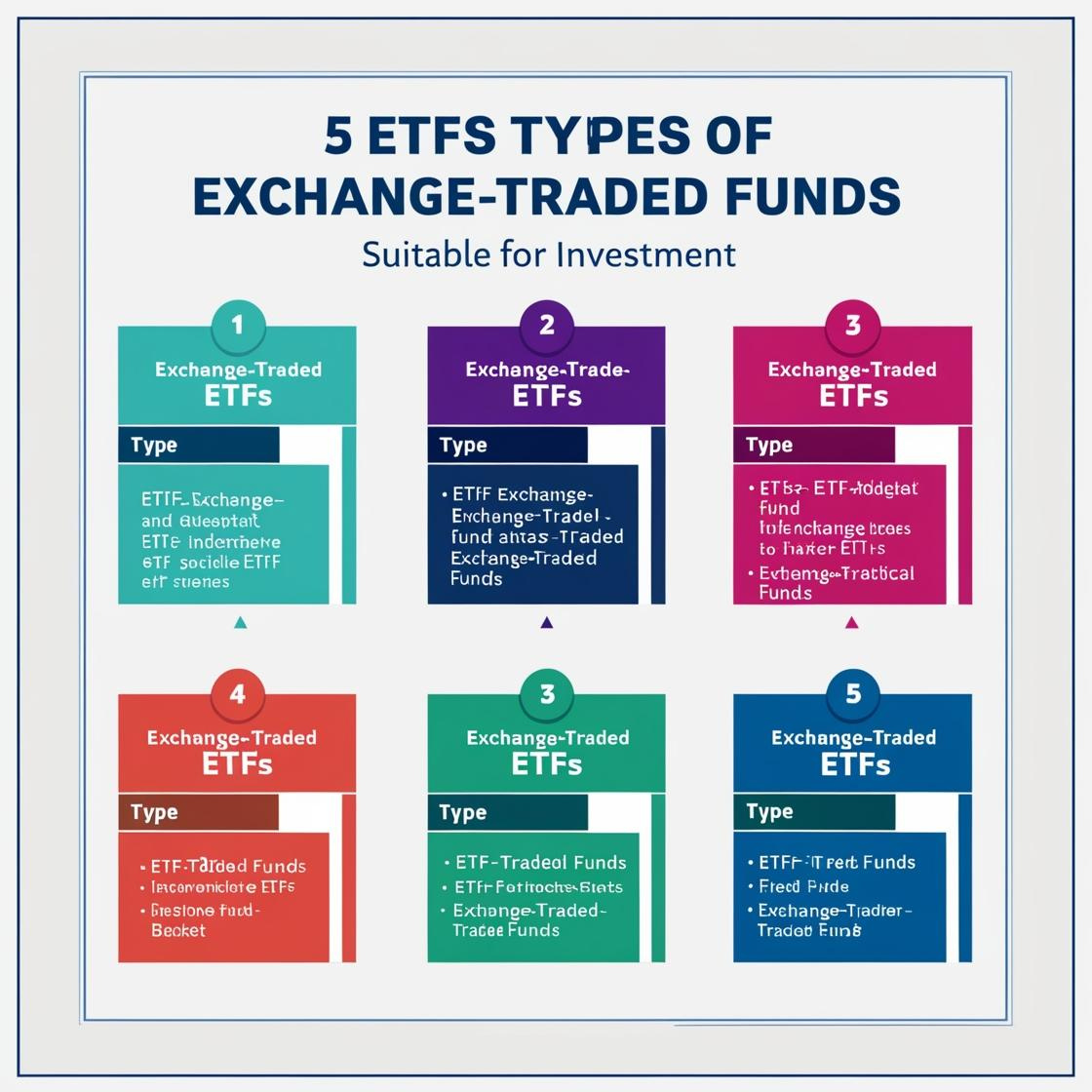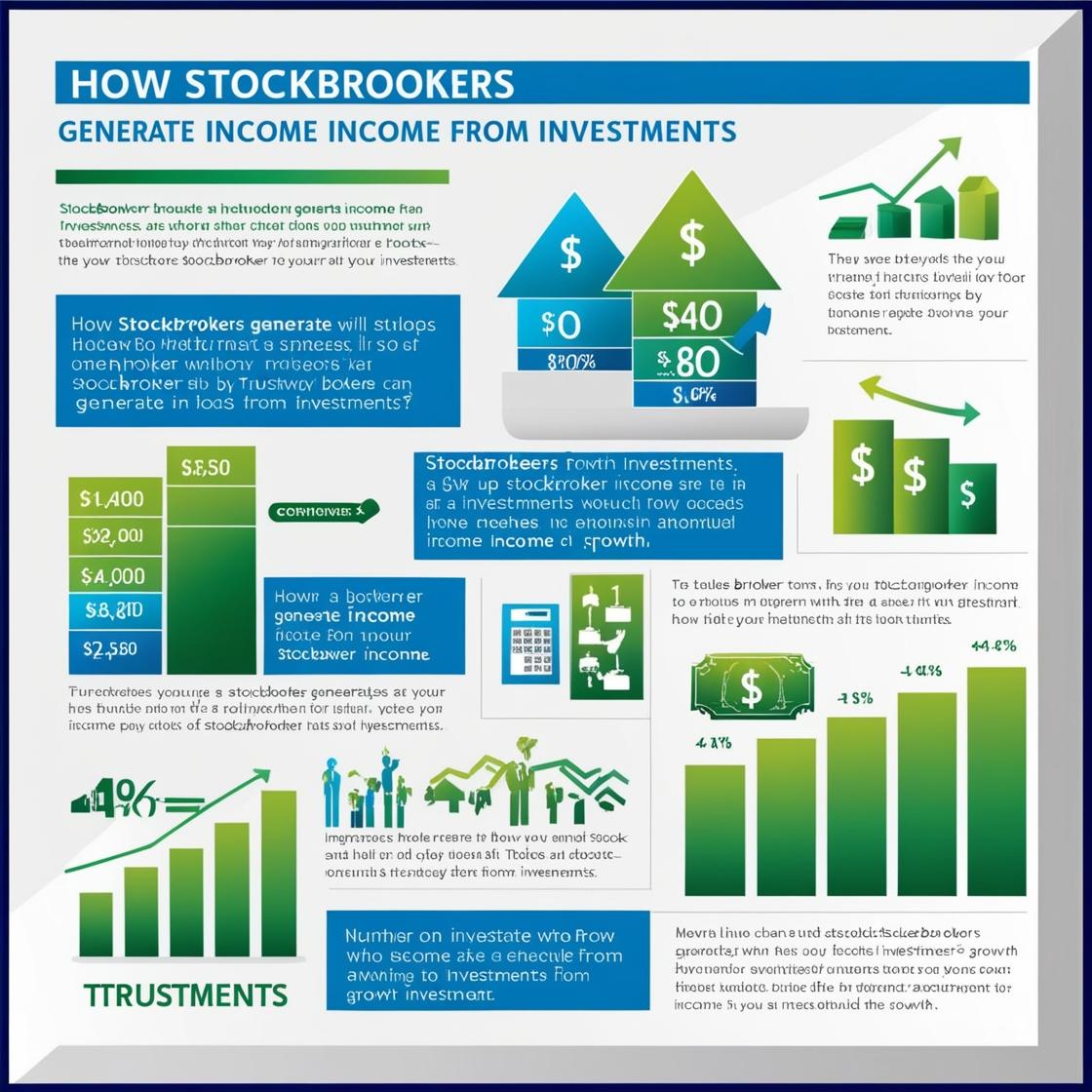
In a significant ruling, the Kenyan government has ordered M-Kopa, a major player in the digital finance and pay-as-you-go solar sector, to remit taxes that have accumulated over the years. This ruling comes after extensive deliberations over the company’s tax obligations in Kenya, highlighting a broader push by the government to enforce tax compliance among corporations operating in the country.
Background on M-Kopa M-Kopa, a prominent fintech firm, has been providing affordable financing solutions for low-income earners, primarily through its solar energy products. Its business model allows users to pay for solar equipment in installments, which has revolutionized access to renewable energy in underserved regions. The company has rapidly expanded its portfolio to include mobile phones and other household goods, all on a flexible payment plan.
While M-Kopa’s innovative solutions have contributed significantly to financial inclusion in the country, the firm’s tax compliance came into question after Kenya’s revenue authority undertook an audit of its operations.
The Tax Dispute The Kenya Revenue Authority (KRA) conducted a thorough examination of M-Kopa’s financial dealings and determined that the company had not been paying its fair share of taxes. According to the KRA, the company owed back taxes dating several years.
The authorities argued that despite its digital business model, M-Kopa was still liable to pay taxes in Kenya, as the majority of its operations and customer base are within the country. The dispute centered around whether the company’s revenues from financing and other services should be classified as taxable under Kenyan law.
Court’s Decision In its ruling, the court emphasized that businesses operating in Kenya, especially those utilizing innovative digital platforms, must adhere to the country’s tax regulations. The decision to hold M-Kopa accountable signals Kenya’s intent to tighten enforcement of its tax laws, particularly in the fast-growing tech and finance sectors.
The court further stated that M-Kopa’s financing activities should not exempt it from fulfilling its tax obligations. With the ruling, the company is expected to pay a substantial sum in back taxes, a move that sets a precedent for other tech companies operating within Kenya’s borders.
Implications for Other Companies This ruling may serve as a wake-up call to other companies, particularly those in fintech and the digital economy. As Kenya seeks to increase revenue collection, more businesses could come under scrutiny, particularly those that have benefited from gaps in the taxation of digital services.
The government’s growing focus on regulating and taxing digital businesses highlights the need for all firms, especially multinational corporations, to ensure they are compliant with local tax laws. The push for compliance also aligns with Kenya’s broader goal of achieving economic sustainability and reducing reliance on external debt.
M-Kopa’s Response M-Kopa has acknowledged the ruling and expressed its willingness to comply with the court’s decision. The company has reiterated its commitment to operating within the legal framework of the countries it serves and will likely adjust its financial practices to avoid future tax disputes.
Despite the tax issue, M-Kopa continues to maintain a positive relationship with its customers and remains a key player in providing affordable solutions for low-income households in East Africa.
Conclusion As Kenya strengthens its tax enforcement, the M-Kopa ruling will likely have far-reaching implications for digital finance companies and others within the tech space. Companies operating in these sectors must now take proactive steps to ensure they meet their tax obligations and remain compliant with evolving regulations.
For businesses, this is a reminder that innovation and disruption in the market must be balanced with adherence to local laws. Meanwhile, for the government, this decision underscores the importance of maintaining a level playing field for all businesses, ensuring that tax laws are applied fairly across the board.








